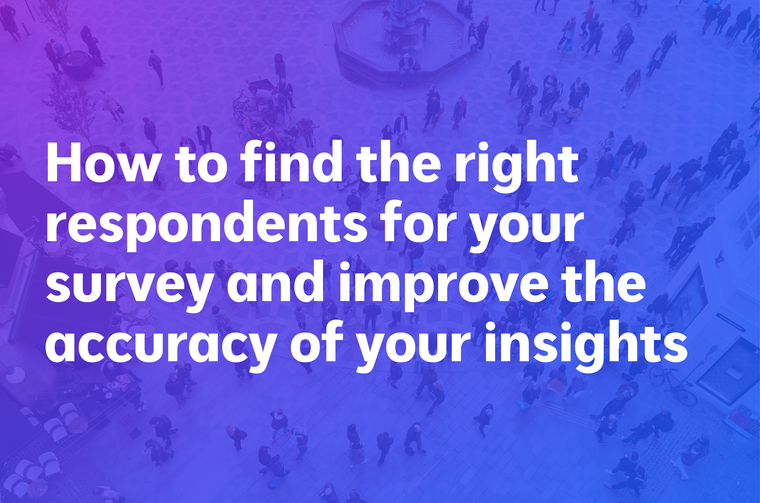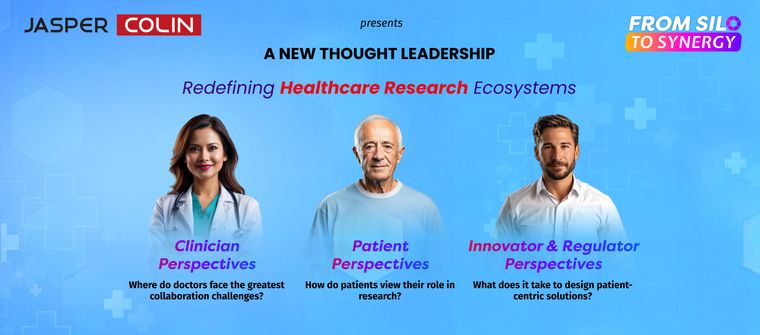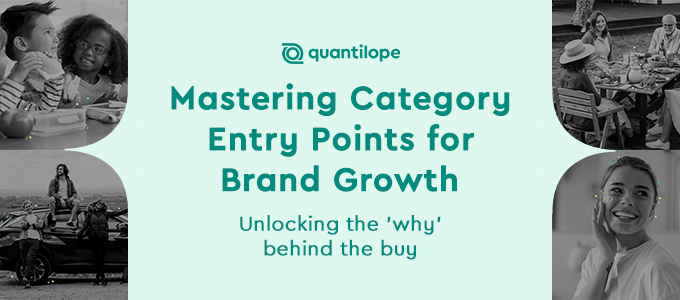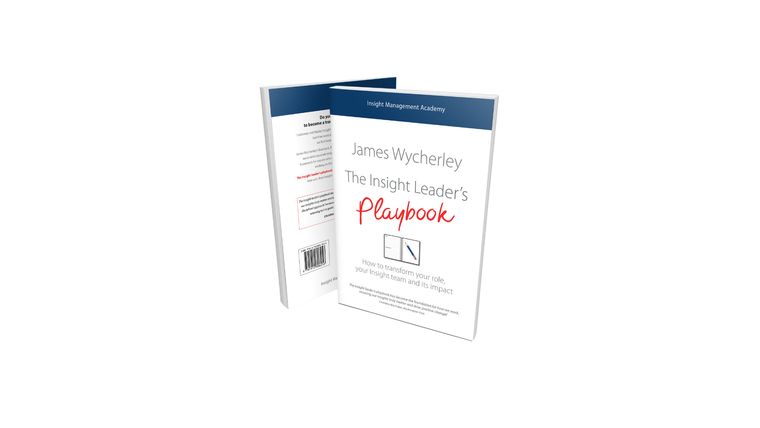Hot Topics
Read the stories describing what's the current burning issues impacting insights and analytics.
Q & A-gency - Curtis Weir
12 min readIn the series "Q&A-Gency" Alex Holmes speaks with a leading voice in creative development and media planning. The goal? To explore how insight shapes their work - and whether their approach is evolving in today’s rapidly changing world.
Welcome to the Attention Economy, where silence is the ultimate status symbol and restraint is the new luxury.
Brunswick’s 2026 report forecasts a convergence of blended reality, human augmentation, and a counter-trend demand for authentic, human-centric craft.
Innovation teeters on the precipice of convention, where the ordinary meets the extraordinary
This third article in the Road to Business Impact series examines how consultative capabilities enable insights teams to turn insight maturity into real business impact.
We’ve discussed simulations for insights over three years. People ask what simulations are, how they differ from synthetic data, and why it matters for better decisions. Let's clarify.
Personalization is vital for small business growth, helping brands stand out and connect with audiences personally. By customising digital experiences, businesses convert browsers into repeat customers and foster loyalty.
It’s not new news that we humans love a bit of escapism and brands have been capitalising on that for decades.
Study reveals how question design and cultural dynamics can massively inflate brand-awareness claims, urging more careful global research practices.
AI dominates market research discussions with promises of automation and speed, yet human experience language remains vital. The future isn’t choosing between humans or machines but blending AI's scale with human depth.
How AI is helping researchers move beyond traditional surveys and into hybrid, deeper designs
Beyond the database: why custom recruiting is the missing piece in expert and B2B research
4 min readTraditional expert networks and research panels help reach specific audiences, but for highly specialized profiles—like CRM admins or niche IT users—companies need custom recruitment, since these individuals aren’t part of standard panels.
In healthcare, innovation often occurs in isolation. Clinicians, innovators, and patients push progress separately. Breakthroughs happen but are rarely aligned, and insights are gathered but seldom shared.
Will Insight become faster cheaper and better without you?
Powering the Next Decade: Why the Battery Pack Market Will Surpass USD 472 Billion by 2034
5 min readThe battery pack market is rapidly growing, with predictions of surpassing USD 472 billion by 2034. This growth is driven by several intersecting factors
In pursuit of market share and brand longevity, brand owners focus on tracking awareness, consideration, and usage. True sustainable growth, however, depends on understanding what draws consumers to your category, known as Category Entry Points (CEPs).
Is your insight practice is truly ready to work with AI? Find out what you need to do to get there. Read about it in our latest blog.
The Insight Leader’s Playbook also offers a set of less obvious lessons. These aren’t listed in the table of contents, but they are crucial for putting the book’s advice into practice.
Research in the Age of Intelligence depends on context. Without it, we gain only insights; with it, research becomes actionable intelligence.
Growth comes from innovation—not flashy tools, but consistent rhythms, smart risks, and cultural shifts that keep small and mid-sized businesses relevant.






















